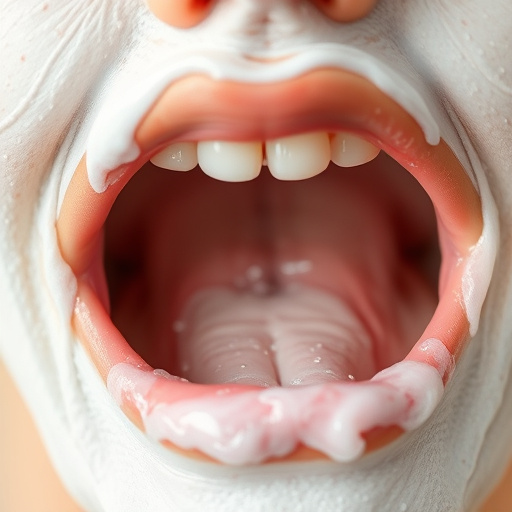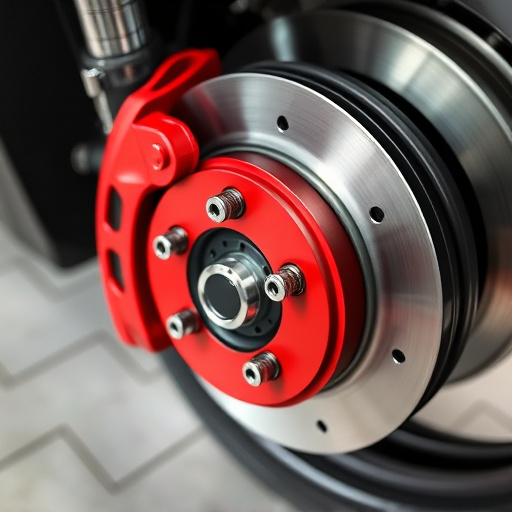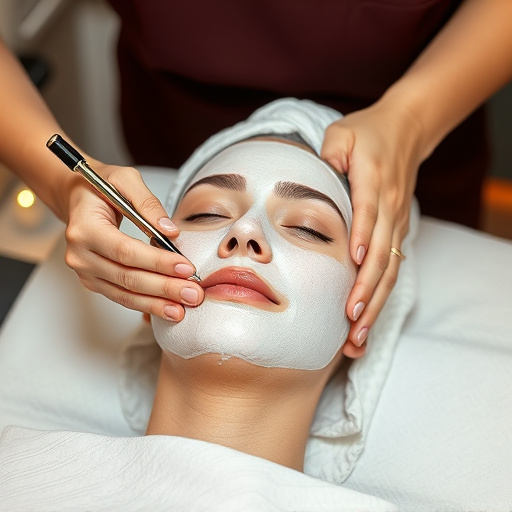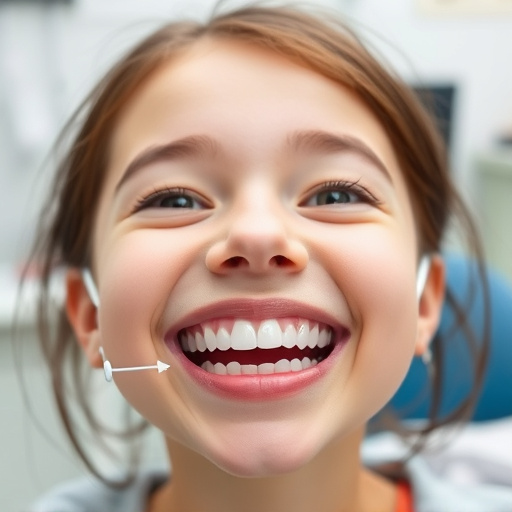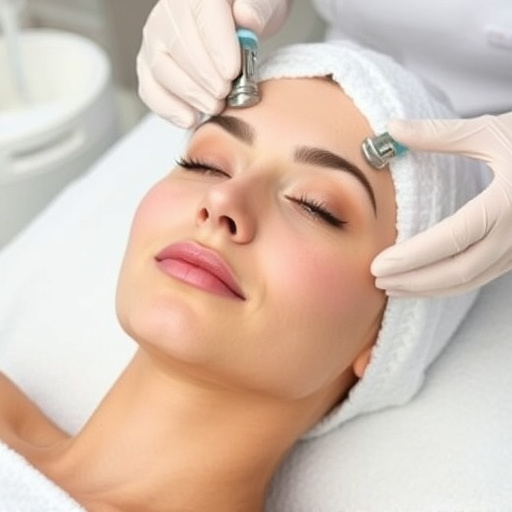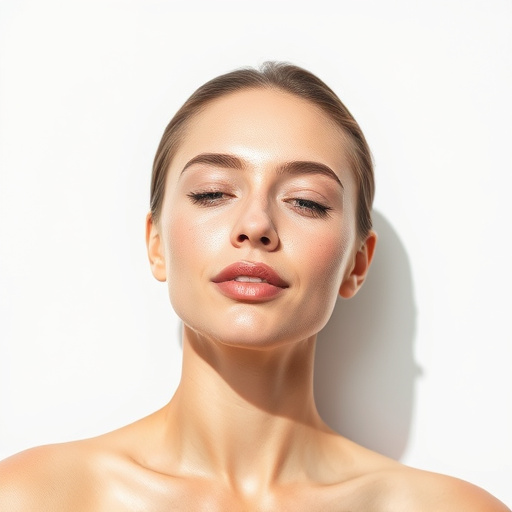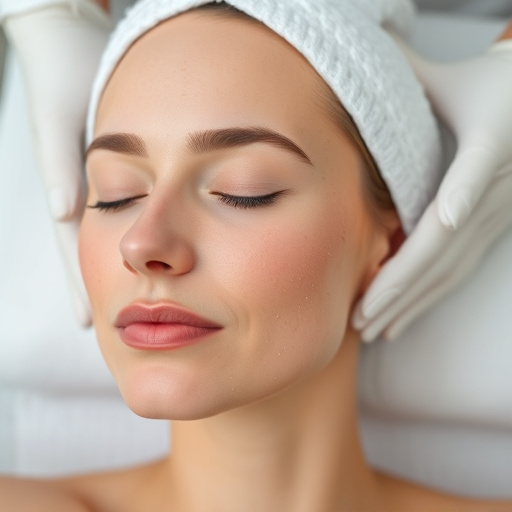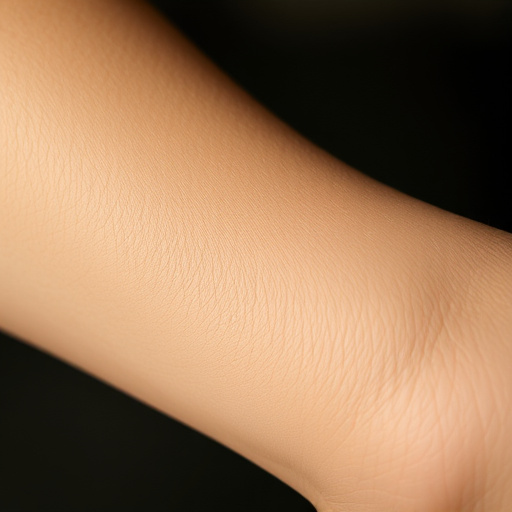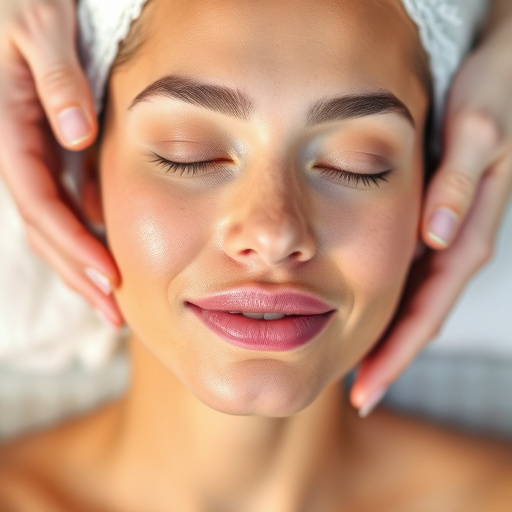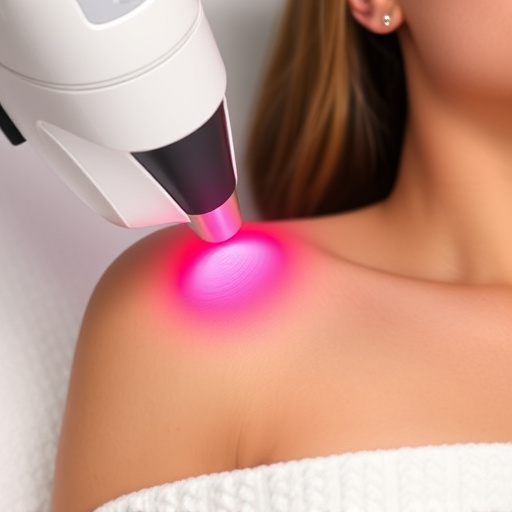Ingrown hair prevention is crucial for maintaining healthy skin, addressing razor burn, and reducing painful bumps. Key causes include shaving too closely, dull razors, lack of exfoliation, skin conditions, hormonal changes, and medications. Regular facial treatments like microneedling improve skin texture, promote collagen growth, reduce wrinkles, and aid in ingrown hair prevention. A consistent skincare routine balancing cleansing, exfoliation, and hydration, along with ingredients like tea tree oil or salicylic acid, is essential. Staying hydrated and incorporating professional routines with gentle exfoliants can significantly enhance skin health and prevent ingrown hairs.
Ingrown hairs can be an unsightly and uncomfortable issue, but with daily habits, you can effectively prevent them. This article explores comprehensive strategies for ingrown hair prevention, focusing on understanding their causes, adopting a tailored skincare routine, and making lifestyle adjustments. From cleansing techniques to exfoliation practices and beyond, discover simple yet powerful methods to achieve smooth, bump-free skin. Implement these tips into your daily regimen for healthier, happier skin.
- Understanding Ingrown Hair and Their Causes
- Creating a Skincare Routine for Healthy Skin
- Lifestyle Changes to Prevent Ingrown Hairs
Understanding Ingrown Hair and Their Causes
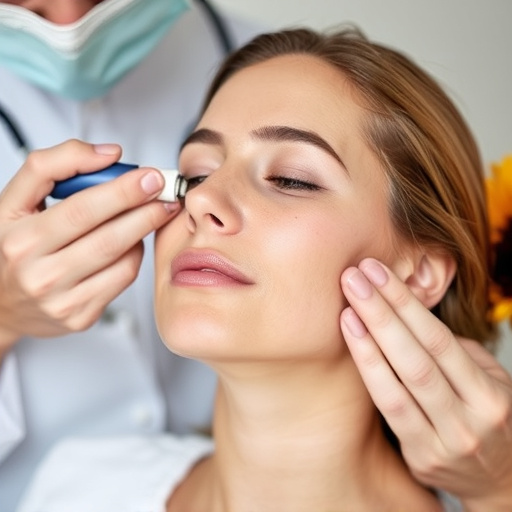
Ingrown hair prevention is a crucial aspect of maintaining healthy skin, especially for those prone to razor burn and painful bumps. Understanding what causes ingrown hairs is the first step in developing an effective prevention strategy. Ingrown hairs occur when the hair follicle becomes trapped beneath the surface of the skin, often as a result of shaving or waxing too closely. This can be attributed to various factors, including poor shaving techniques, using dull razors, and not exfoliating regularly, which leads to dead skin cells trapping the hairs.
In some cases, certain skin conditions like eczema or psoriasis can also contribute to ingrown hair prevention challenges. Additionally, hormonal changes and certain medications can exacerbate the issue. Incorporating regular facial treatments, such as microneedling therapy, can help improve skin texture and promote new collagen growth, thereby aiding in ingrown hair prevention by reducing wrinkles and enhancing overall skin health.
Creating a Skincare Routine for Healthy Skin
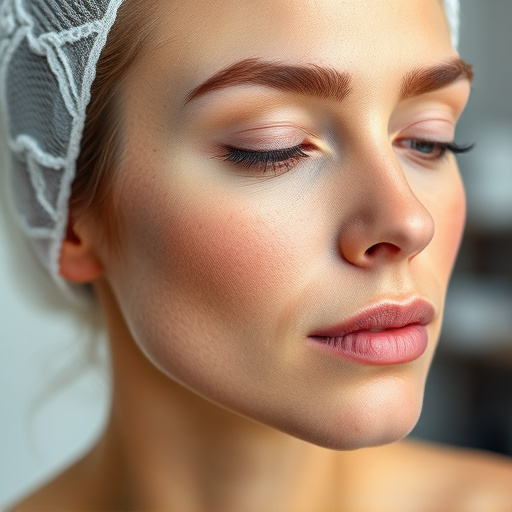
Maintaining a consistent skincare routine is a fundamental step in the journey towards effective ingrown hair prevention. Healthy skin starts with a balanced approach to cleansing, exfoliation, and hydration. Incorporate a gentle cleanser suitable for your skin type to remove impurities without stripping away natural oils. Regularly exfoliate dead skin cells to unclog pores and promote cell turnover, reducing the risk of ingrown hairs. Choose an exfoliant with fine particles or chemical exfoliants like AHAs or BHAs, which are gentler on sensitive skin.
After cleansing and exfoliation, moisturize your skin to maintain its integrity. A good moisturizer will hydrate the skin, improve elasticity, and support overall skin health, making it less prone to ingrown hairs. Additionally, consider incorporating products with ingredients like tea tree oil or salicylic acid, known for their anti-inflammatory properties, which can soothe irritated skin and help prevent ingrown hair formation. Remember, a well-cared-for complexion sets the stage for smoother, healthier legs and body.
Lifestyle Changes to Prevent Ingrown Hairs
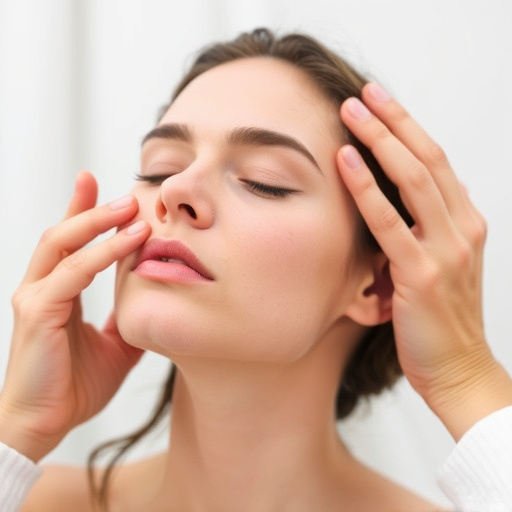
Ingrown hair prevention goes beyond just maintaining clean skin. To effectively tackle this issue, adopting certain lifestyle changes is crucial. One key aspect is staying hydrated by drinking ample water throughout the day. Proper hydration keeps your skin supple and supports the natural exfoliation process, reducing the likelihood of ingrown hairs.
In addition to hydration, incorporating professional skincare routines into your daily regimen can make a significant difference. Exfoliating regularly with gentle scrubs or chemical exfoliants helps remove dead skin cells that might trap hair follicles. Moreover, considering body contouring treatments like microneedling therapy could be beneficial for those dealing with persistent ingrown hair issues. These therapeutic procedures promote skin rejuvenation and enhance cell turnover, ultimately aiding in preventing ingrown hairs from forming.
By understanding the causes of ingrown hairs and implementing daily habits that support healthy skin, you can effectively prevent these unsightly issues. Creating a consistent skincare routine, prioritizing gentle exfoliation, and adopting a balanced lifestyle are key strategies to promote smooth, bump-free skin. Incorporating these simple yet powerful practices into your daily regimen will help you achieve and maintain ingrown hair prevention success.

